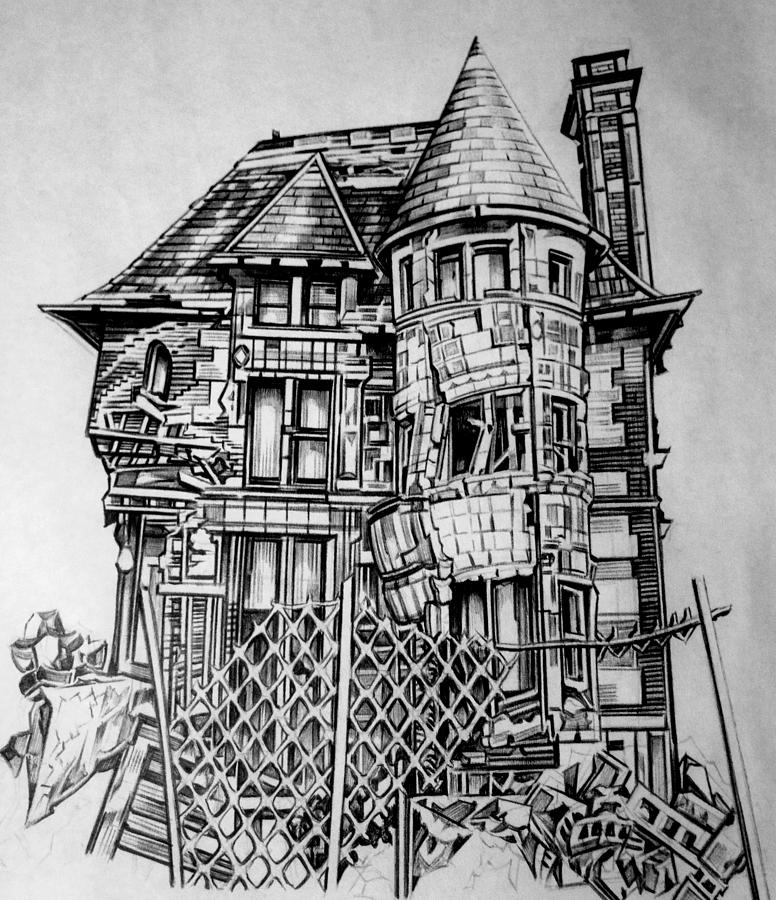
It
is very similar to an old, abandoned, shaky building. The case of Spain that
is. Its different storeys and multiple apartments from within have no option
other than to endure the troubles caused – purposefully or passively – by other
tenants. Those on the lower floors are luckier, as they can avoid fifth floor
drama by isolation and compartmentalization of their existence. Those
on the fifth floor are also lucky in that they can blame all mishaps and malfunctioning
on the basement, and its tenants. It would be physically impossible to pull an
apartment out and relocate, but it is quite possible and common to create
alliances and parallel systems to manage the unmanageable co-existence.
And that is what is happening in
Spain.
The Catalan region decided to address
its financial problems by blaming central mismanagement and southern hedonism.
They have and still are demanding a divorce from the Peninsula, with amicable
terms with the remaining neighbours. Meanwhile, the south has also decided to
put an end to the northern liberal discourse regarding the moral
duty towards the disadvantaged, and elected a government that is able to utter
the dreaded NO.
Communal existence has long been a
challenge. In the XV and XVI centuries, Europe was ruled by aristocracy and
gentry who divided lands amongst themselves without the need for a central
authority. Changes introduced in the political system were attributed to
security purposes and the growth of liberal thoughts that assigned civil rights
to the working class. The edification of a communal unit promised equality and
efficiency to a system based on birth rights. But liberal thoughts flourished
into freedom of thought, and soon, every person residing in a community had the
right to exercise his/her freedom of thought. Ideologies were modelled upon
convictions, and were used as a sworn-by medicine to all problems.
Now, while people residing in the
upper parts blame poor infrastructure for the draining of water resources, the
residents of the southern areas blame the higher tiers for allowing
non-traditional and foreign solutions into their harmonious existence. A
divorce seems inevitable, but technically impossible.
Solution? Vote in representatives who
enjoy the shameless audacity to carry out repairs their own way, without having
to consult with the neighbours.
Problems have roots, and have
solutions. Multiple solutions. But the question remains: is a solution to a
problem more important than maintaining co-existence? Is fixing a water leak
more pressing than conserving the pillars of a building that keeps it intact?
Maybe that is the issue to be addressed first and foremost. Otherwise, each can
find a solution to clear out the rubble.




No comments:
Post a Comment